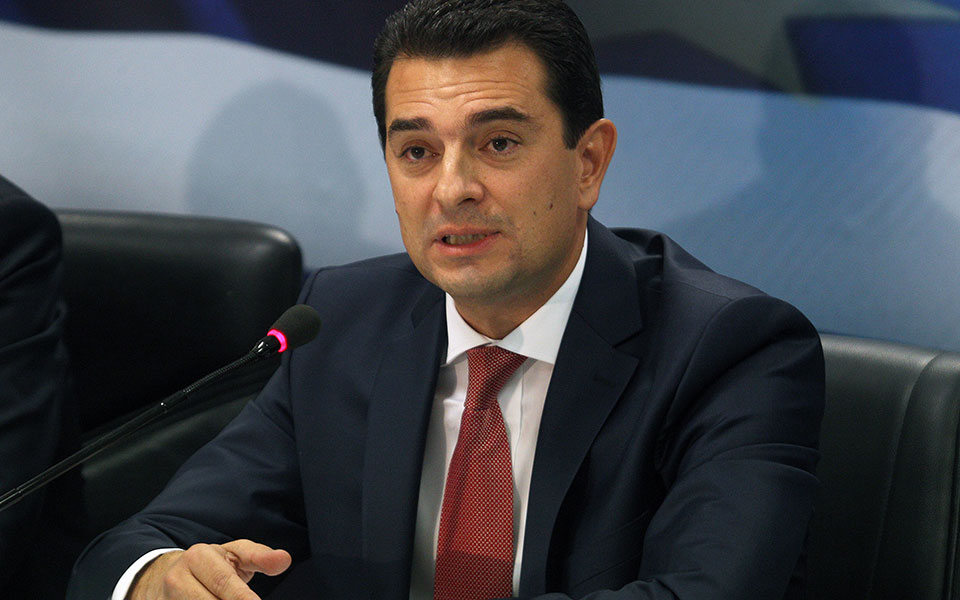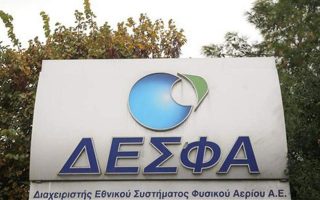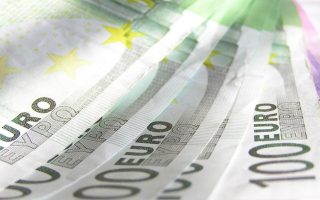Boost to Energy Transition Fund’s takings

The government intends to boost the Energy Transition Fund’s revenues to finance electricity bill subsidies households and businesses via a new intervention in the retail electricity market to recover windfall revenues from electricity suppliers, tax refineries and the Public Gas Corporation (DEPA).
Environment and Energy Minister Kostas Skrekas on Thursday announced the taxation of the excess revenues that may arise on an 11-month basis to electricity supply companies from the new pricing method based on a forecast of the next month’s wholesale cost, which replaced the so-called adjustment clause.
The intervention will essentially correct the new kilowatt-hour pricing mechanism, since it sometimes happens that the providers’ forecasts deviate from the actual ones formed a month later, causing losses or surpluses.
On the 11th month of each year, as Skrekas said, there will be an audit by the Regulatory Authority for Energy (RAE) and when excess revenues arise they will be taxed. Indeed, the first check for the period from July 2022, when the new pricing model was applied for the first time, will take place in November. In the same month, the extraordinary levy that the power producers will be asked to pay for the nine months (October 2021-June 2022) will be calculated.
The minister did not rule out a new intervention in the mechanism for recovering excess revenues from the wholesale market in the natural gas production sector, where it was found that last month the revenues for the Energy Transition Fund were limited to 1 million euros, due to the low offers by power producers and the conversion of the system to importing.
With regard to the extraordinary levy on refining and natural gas companies provided for by the Commission Regulation with a minimum threshold of 33% for the member-states, which is based on the excess of revenues at a rate of 20% of the average of the taxable years in the four-year period 2018-2021, Skrekas announced that Greece will adopt the rate of 33% by imposing taxation on the profits of 2022 as well. The Commission leaves it up to member-states how to tax profits of 2022 or even 2023. The levy will also be imposed on the two refineries, Helleniq Energy and Motor Oil, and DEPA.





